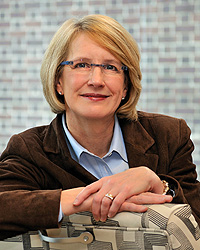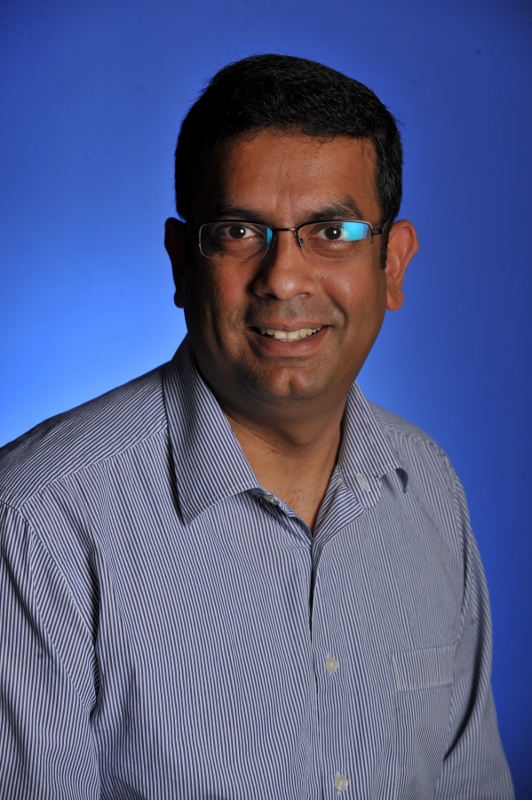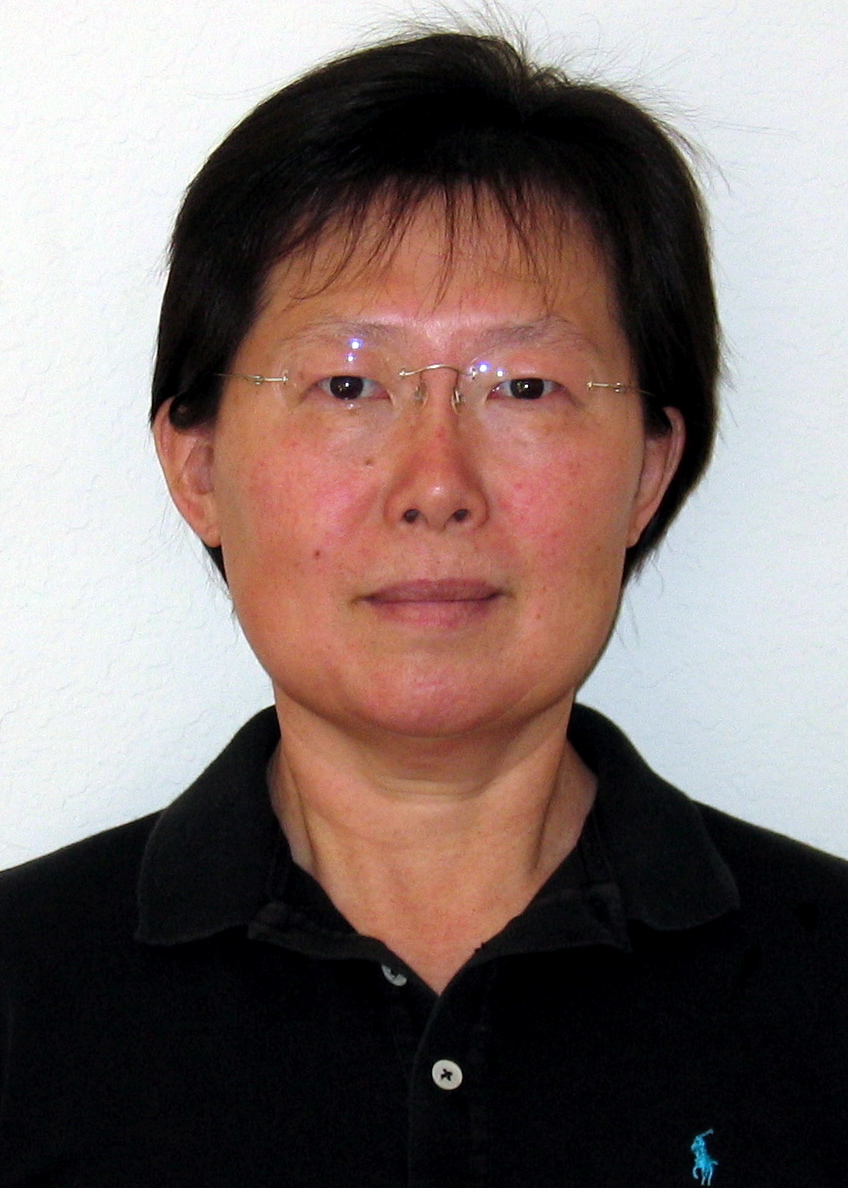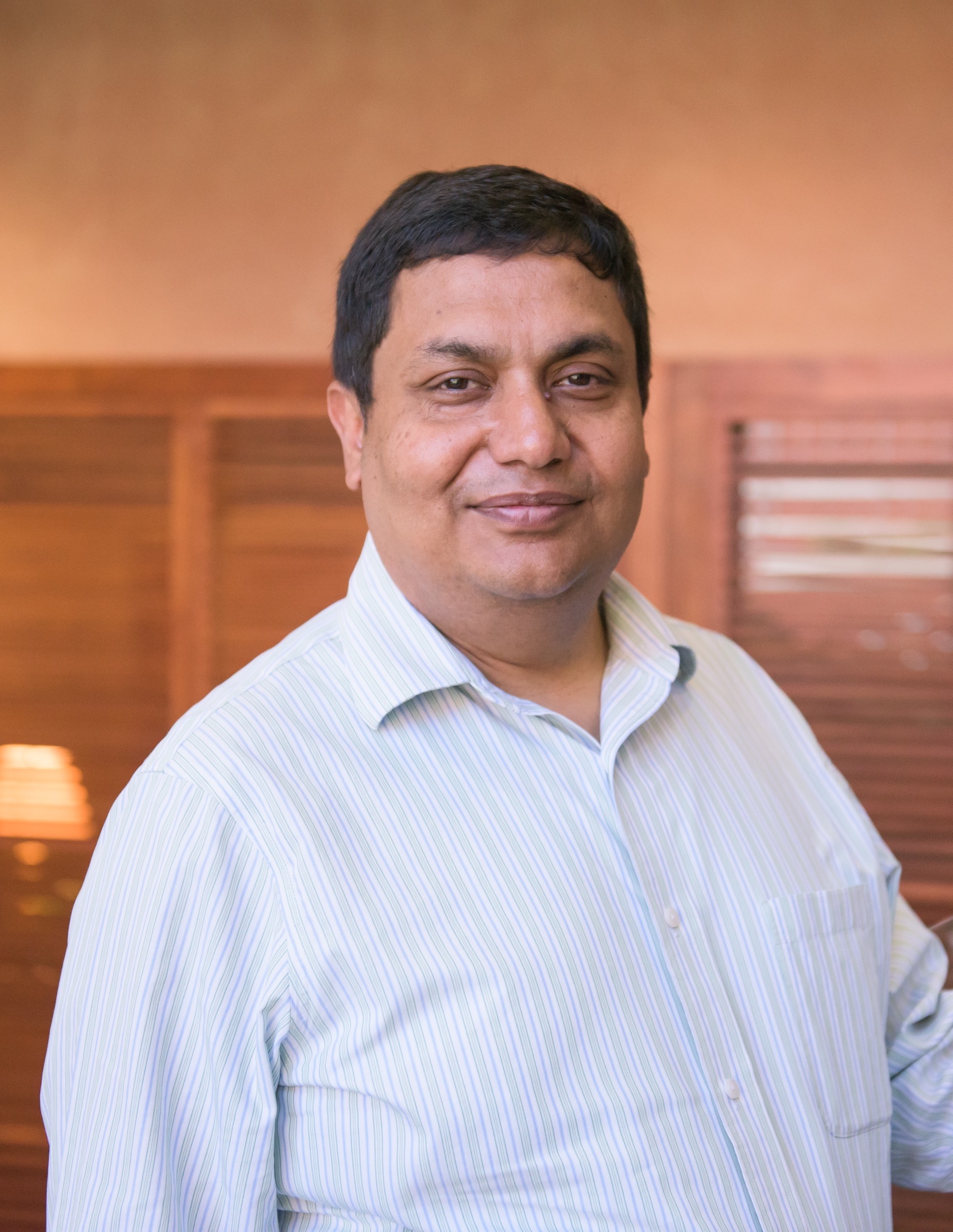Keynotes
Day 1: Thursday October 18th
Publication In The Era Of Big Data And Open Source Software
Oct. 18, 2018 Morning Keynote 8:45AM-9:45AM Benjamin Franklin Combined
Susan B. Davidson
Weiss Professor, Department of Computer and Information Science, University of Pennsylvania, US
Home Page
Abstract: The internet creates increased opportunities for sharing both data and code. As data and code are extracted and used to create new insights, there is increasing demand that this digital information should be treated in the same way as conventional publications and cited appropriately. While principles and standards have been developed for data citation (and to some extent for code), they are unlikely to be used unless we can couple the process of extracting information with that of providing a citation for it. In this talk, I will focus initially on complex, structured, evolving datasets, and will discuss how to automatically generating citations to data extracted by a query. I will then briefly discuss citation of open-source software.

Bio: Susan B. Davidson received the B.A. degree in Mathematics from Cornell University in 1978, and the M.A. and Ph.D. degrees in Electrical Engineering and Computer Science from Princeton University in 1980 and 1982. Dr. Davidson is the Weiss Professor of Computer and Information Science (CIS) at the University of Pennsylvania, where she has been since 1982, and currently serves as Chair of the board of the Computing Research Association.
Dr. Davidson was the founding co-director of the Penn Center for Bioinformatics from 1997-2003, and the founding co-director of the Greater Philadelphia Bioinformatics Alliance. She served as Deputy Dean of the School of Engineering and Applied Science from 2005-2007 and Chair of CIS from 2008-2013. She is an ACM Fellow, Corresponding Fellow of the Royal Society of Edinburgh, and received a Fulbright Scholarship and Hitachi Chair in 2004. Her awards include the 2017 IEEE TCDE Impact Award for expanding the reach of data engineering within scientific disciplines, and the 2015 Trustees' Council of Penn Women/Provost Award for her work on advancing women in engineering.
Edge Computing – Bringing The Cloud Closer To The Edge
Oct. 18, 2018 Afternoon Keynote 1:00PM-2:00PM Benjamin Franklin Combined
Arjmand Samuel
Principal Program Manager, Microsoft Azure IoT, Microsoft, US
Home Page
Abstract: Today with its near infinite resources, cloud computing can be used for a large number of use cases and scenarios. The value of public cloud has been realized by many organizations and businesses, however there are use cases which require cloud services to have near-real time response and no dependency on the public internet. This introduces the notion of edge computing where parts of cloud services are moved to on-prem devices so that these workloads can run with no connectivity to the cloud. In this talk I will introduce Azure IoT Edge, Microsoft’s edge computing platform. I will discuss its design and focus on examples of how Azure IoT Edge is used in multiple verticals including manufacturing, retail, heath care and more. I will also present some of the hard technical and research challenges which remain to be solved to make edge computing a reality.

Bio: Arjmand Samuel is a Principal Program Manager at Microsoft, working in the Azure Internet of Things team where he leads Azure IoT Edge product design and engineering, and, security and privacy for Azure IoT. In his previous role, Arjmand led external academic collaborations around devices and services research for Microsoft Research, where he developed collaborative programs and research initiatives to harness the power of the Internet of Things. His other research projects included software architectures and programming paradigms for devices of all shapes and forms. He has published in a variety of publications on topics of security, privacy, location aware access control and innovative use of mobile technology. Arjmand has a PhD in Information Security from Purdue University, USA.
Day 2: Friday October 19th
Enabling Pervasive Collaboration from the Ground Up
Oct. 19, 2018 Morning Keynote 8:45AM-9:45AM Benjamin Franklin Combined
Lixia Zhang
Jonathan B. Postel Professor, Computer Science Department,
University of California, Los Angeles, US
Home Page
Abstract: The global internet has enabled interconnects of billions of devices around the world, ranging from smartphones, computers of laptops, desktops, and cloud servers, IoT devices in smart homes, to robots in automated manufacturing plants. Beneath this unprecedented success, however, today’s Internet largely runs over the TCP/IP protocol stack which was developed over four decades ago. Consequently the connectivities tend to be inefficient, insecure, fragile, cumbersome to configure and manage. This talk explores a new direction of networking to enable pervasive interconnects, through naming data instead of naming nodes based on their locations.

Bio: Lixia Zhang receiving her Ph.D in computer science from MIT. She joined Xerox Palo Auto Research Center in 1989, then moved to the Computer Science Department of UCLA in 1995. Since 2010 she has been working on the Named Data Network project
CyberAllIntel: Extracting cybersecurity information from text
Oct. 19, 2018 Afternoon Keynote 1:00PM-2:00PM Benjamin Franklin Combined
Anupam Joshi
Director, UMBC Center for Cybersecurity
Oros Family Professor and Chair, Computer Science and Electrical Engineering, University of Maryland - Baltimore County, US
Home Page
Abstract: Textual sources, traditionally associated with open source intelligence, contain rich information about cyber attacks and vulnerabilities. Some of the first indicators of new vulnerabilities emerge in text (e.g. dark web), and often detailed discussions of vulnerabilities and exploits, with indicators, detection techniques, and mitigation, are found in textual descriptions (reddit blogs, stackoverflow, NVD, github descriptions....). This information can be used collaboratively with other host and network based indicators to detect attacks. We show how such information can be extracted, and be used to populate knowledge graphs. The graphs can be reasoned over to detect novel attacks, and can also provide alerts to security analysts.

Bio: Anupam Joshi is the Oros Family Professor and Chair of Computer Science and Electrical Engineering Department at the University of Maryland, Baltimore County(UMBC). He is the Director of UMBC’s Center for Cybersecurity, and one of the USM leads for the National Cybersecurity FFRDC. He is a Fellow of IEEE.
Dr. Joshi obtained a B.Tech degree from IIT Delhi in 1989, and a Masters and Ph.D. from Purdue University in 1991 and 1993 respectively. His research interests are in the broad area of networked computing and intelligent systems. His primary focus has been on data management and security/privacy in mobile/pervasive computing environments, and policy driven approaches to security and privacy. He is also interested in Semantic Web and Data/Text/Web Analytics, especially their applications to (cyber) security. He has published over 250 technical papers with an h-index of 78 and over 22750 citations (per Google scholar), filed and been granted several patents, and has obtained research support from National Science Foundation (NSF), NASA, Defense Advanced Research Projects Agency (DARPA), US Dept of Defense (DoD), NIST, IBM, Microsoft, Qualcom, Northrop Grumman, and Lockheed Martin amongst others
Day 3: Thursday October 20th
Reinventing Businesses with AI
Oct. 20, 2018 Morning Keynote 8:45AM-9:45AM Benjamin Franklin Combined
Aameek Singh
Vice President of Engineering, IBM Watson, US
Home Page
Abstract: AI is transforming the world around us. While attention often goes to scifi, consumer gadgets and myriad ways of waking up digital assistants, entire industries like customer support, health, security are taking fundamental leaps forward. Leveraging AI at scale presents significant opportunities and challenges some of which have broader societal ramifications than just an application of technology. In this talk, I will expand on the opportunities and challenges of AI for business, focusing on what is needed to truly scale out AI applications across the breadth of enterprises.

Bio: Aameek Singh is VP of Engineering for IBM Watson. His team builds and operates IBM's AI Platform helping businesses worldwide leverage the power of AI. An ex-Researcher, Aameek has spent time optimizing cloud systems, writing filesystems and designing VoIP applications. He received his PhD in Computer Science from Georgia Tech and a Bachelors from IIT Bombay. He is a co-author on nearly 50 international publications and a co-inventor on 40+ patents. One of his coolest academic accomplishments is having an Erdos number of 3.